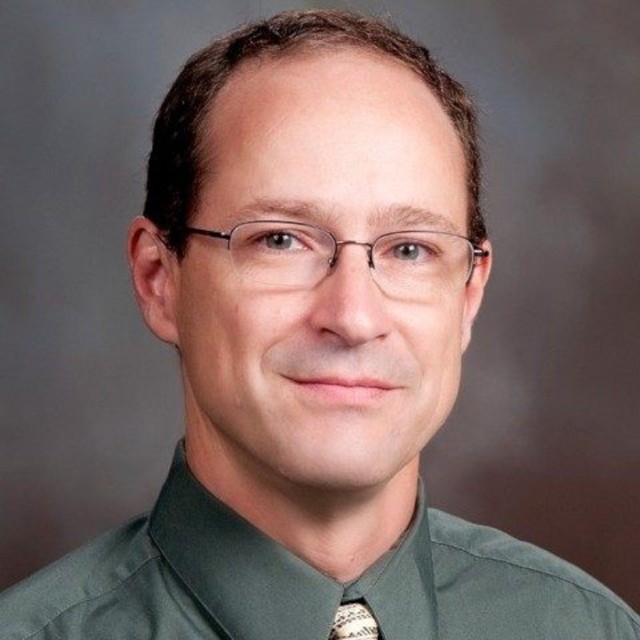Overpromise and Under-deliver: Water Quality Trading in the US

Come learn why the EPA has repeatedly devoted millions in funding to the development of water quality trading markets, why economists have mixed feelings, and how these markets could make a substantial difference for coastal ecosystems and economies. Dr. Stephenson addresses important economic questions that carry substantial implications for coastal environments. If you’re interested in pollution markets, water quality policy, or coastal environments, you won’t want to miss this.
— Phoebe Racine, Bren School PhD Candidate
An H. William Kuni Bren Fellowship program Speaker
Abstract
Many government agencies, public interest groups, and professional economists have promoted water quality trading as an important institutional innovation for U.S. water quality policy since the 1990s. Advocates argue that current approaches to water quality trading reduces compliance costs, stimulates technical innovation, and addresses one of the most vexing water quality policy challenges—limiting nonpoint source discharge. A critical analysis shows that these claims for current US water quality trading programs are often unrealized. Water quality trading programs often have high establishment costs, produce little activity, and fail to meaningfully engage nonpoint sources. The cause of many of these outcomes can be traced to the constraints and attitudes stemming from Clean Water Act legal structures and permitting programs. The most effective trading programs have been focused in scope and have creatively carved out decision-making flexibility within the confines of existing institutional and regulatory structures.
Bio
Kurt Stephenson teaches and conducts applied research in environmental economics at Virginia Tech. His research interests include market-based environmental policies, water resource economics and policy, and the role of economic analysis in public policy. His current projects focus on nutrient credit trading, enhancing nutrient sink functions, and incentives to reduce agricultural nonpoint source nutrient runoff. He also serves on several state and regional public advisory committees related to water resource management and policy.